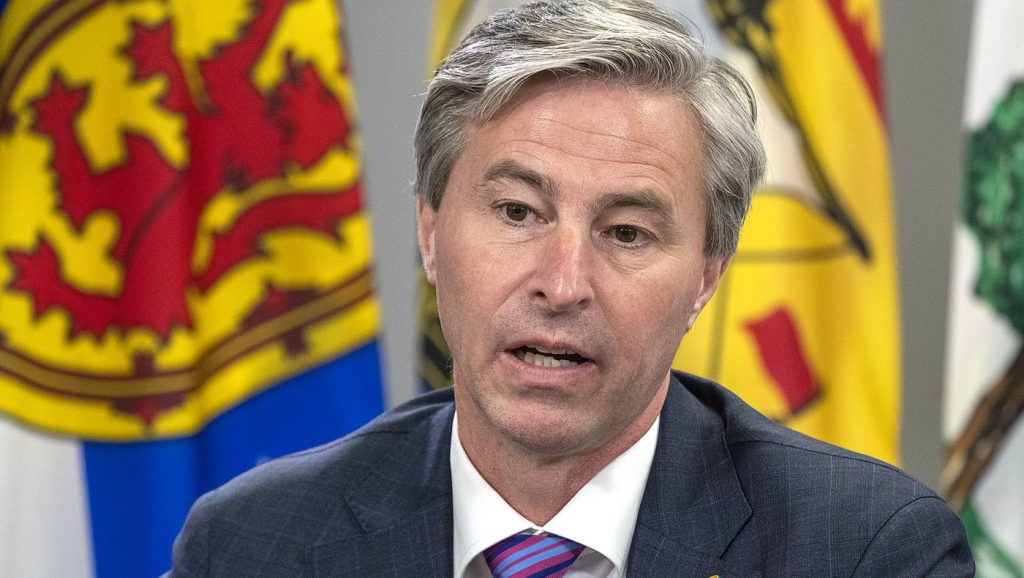The recent request for proposals (RFP) for uranium exploration in Nova Scotia ended without a single bid submitted. The provincial government had initiated the RFP last month, targeting three areas identified for having elevated levels of uranium. The deadline for prospective bidders was June 11.
Premier Tim Houston addressed the media following a cabinet meeting on Thursday, confirming the absence of bids specifically related to uranium exploration. This move to seek companies for uranium exploration followed the government's decision to introduce legislation in February to lift a moratorium that had been in place for decades concerning uranium exploration and mining.
When questioned about his feelings regarding the lack of interest, Premier Houston stated, "I didn’t have a strong reaction either way." He emphasized the pressing need for economic development in the province, remarking, "We have essentially the worst-performing economy in North America." This comment underscores the government's ongoing struggle with economic growth and the desire to explore resources that could potentially stimulate the economy.
However, the government’s initiative to re-open uranium exploration has stirred significant resistance. Several municipal leaders have requested the province to postpone any further actions to allow for a more comprehensive understanding of the potential impacts associated with uranium exploration. Additionally, the Assembly of Nova Scotia Mi’kmaw Chiefs has voiced concern regarding the inadequate consultation processes related to this issue, labeling it a critical oversight.
The Nova Scotia chapter of the Canadian Association of Physicians for the Environment has raised alarms about the health risks linked to uranium mining. They highlight that uranium presents both radioactive and chemically toxic hazards, with the potential to contaminate local water supplies, particularly in regions experiencing high rainfall. This mounting concern from health advocates adds a layer of complexity to the debate surrounding uranium exploration.
Despite the criticism, Premier Houston maintained his stance that uranium exploration could be conducted safely. He underscored the importance of relying on factual information during discussions about uranium. The Premier mentioned various non-invasive methods to explore uranium, including aerial surveys and ground-level rock sampling. He suggested that these techniques could minimize disruption while still providing necessary data on uranium deposits.
Houston also commented on the narrative surrounding uranium exploration, stating, "The voices that push fear get a lot of the air time." This implies a belief that negative perceptions may be overshadowing the potential benefits and feasibility of safe exploration practices. The Premier refrained from disclosing specific future steps the province might take regarding uranium exploration but indicated that the government could consider conducting its own aerial surveys to gather data.
Overall, the lack of interest in the recent RFP coupled with community and health concerns reflects the complex challenges Nova Scotia faces in balancing resource development with environmental and public health considerations.











